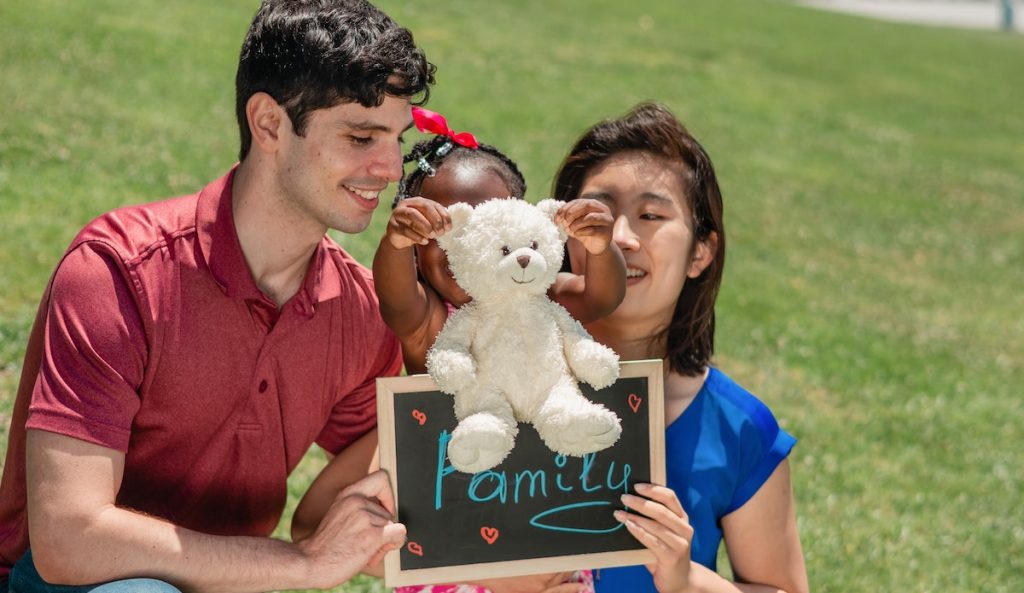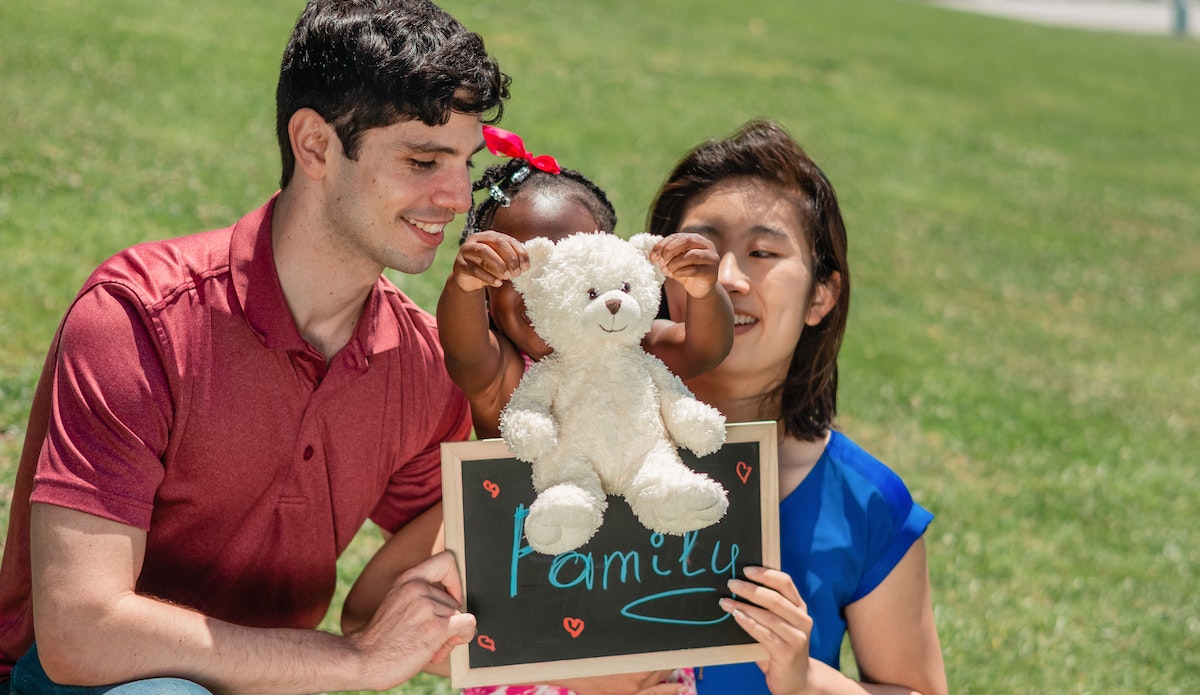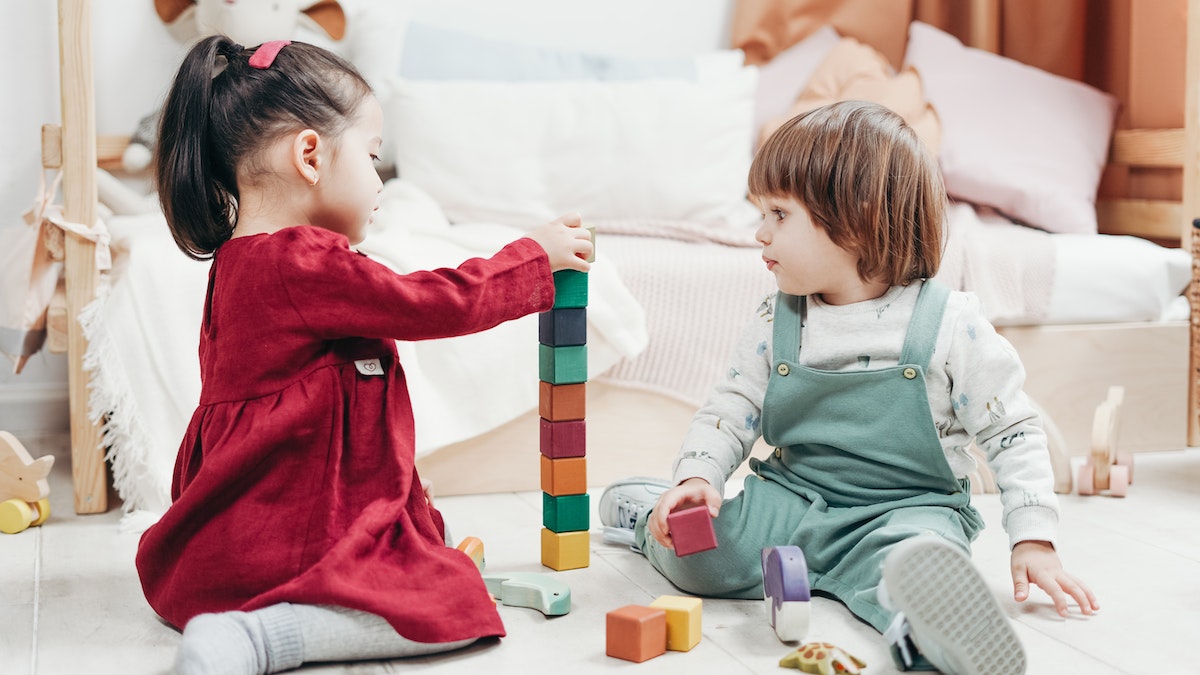Building self-esteem is an essential aspect of nurturing the emotional wellbeing of children in foster care. As a foster carer, you play a crucial role in helping these children develop a positive sense of self-worth. By implementing effective strategies and providing a supportive environment, you can make a huge, lasting impact on their self-esteem. In this post, we’ll explore some meaningful and practical ways to empower foster children and promote their self-confidence.
Table of Contents
Creating the Right Environment to Thrive
If you are long term fostering a child, a stable and nurturing environment will form the foundation for building their self-esteem. As a foster carer, you can create a safe space where children feel valued, respected, and loved unconditionally. Encourage open communication, actively listen to their thoughts and concerns, and offer guidance and support. By building trust and establishing a sense of belonging, you can help foster children develop a positive self-image.
Recognizing and Celebrating Achievements
Acknowledging and celebrating the achievements of foster children can have a profound impact on their self-esteem. Take the time to identify their strengths, talents, and milestones, no matter how small. Whether it’s progress at school, mastering a new skill, or displaying acts of kindness towards others, celebrate their accomplishments with genuine enthusiasm. By recognising their efforts and providing positive reinforcement, you can inspire children in care to believe in their abilities and develop a sense of pride.
Encouraging Self-Expression and Individuality
Children in care often face challenges in establishing their identity and expressing themselves authentically. Encourage self-expression through activities like art, music, writing, or sports. Create an environment where they feel safe to share their thoughts, feelings, and aspirations. By valuing their unique perspectives and interests, you help them build a strong sense of self and boost their self-esteem.

Setting Realistic Goals and Providing Support
Setting realistic goals is essential for foster children to experience a sense of accomplishment and build their self-confidence. Work collaboratively with them to identify attainable targets, both at school and in their personal lives. Break the goals down into smaller, more manageable steps, providing guidance and support along the way. By celebrating their progress and offering encouragement, children in care will develop a belief in their ability to overcome challenges and achieve success.
Promoting Positive Self-Talk
Self-talk plays a significant role in shaping self-esteem. Encourage your foster child to develop positive inner dialogues by challenging negative self-perceptions. Teach them to replace self-critical thoughts with affirmations and positive statements. By helping them create a compassionate and empowering internal narrative, you can equip foster children with the tools they need to navigate life’s ups and downs with greater confidence.
Building Connections and Support Networks
Foster children benefit greatly from supportive relationships and connections. Encourage them to build healthy friendships and take part in social activities, both within and outside of the foster care system. Encourage a sense of belonging by connecting them with mentors, community groups, or support networks specifically designed for children in care. These connections can provide additional guidance, validation, and a sense of belonging that boosts their self-esteem.
Encouraging Healthy Self-Care Practices
Self-care is crucial for encouraging self-esteem and overall wellbeing in foster children. Teach them the importance of taking care of their physical, emotional, and mental health. Encourage regular exercise, healthy eating habits, and sufficient sleep. Promote activities that help them relax, like listening to music, reading, or engaging in hobbies that they enjoy. Plus, teach them healthy coping strategies, like mindfulness or deep breathing exercises, to manage stress and regulate emotions. By doing this, they can learn to value themselves and develop a positive relationship with their own wellbeing.
Small steps can lead to big impacts when it comes to growing self-esteem in foster children. By doing the above, foster carers can empower these children to develop a strong sense of self-confidence and self-worth.

Alex is fascinated with “understanding” people. It’s actually what drives everything he does. He believes in a thoughtful exploration of how you shape your thoughts, experience of the world.



